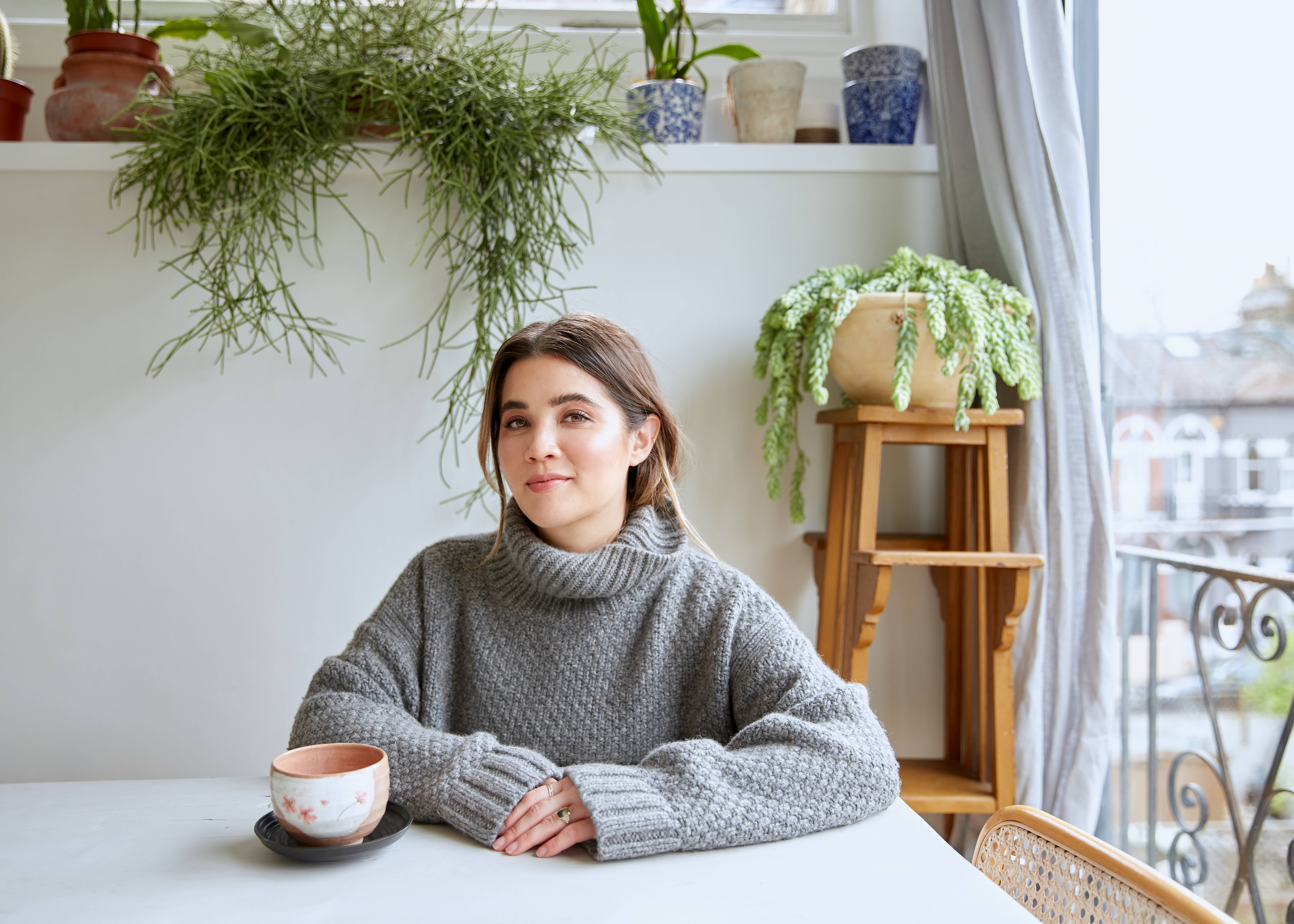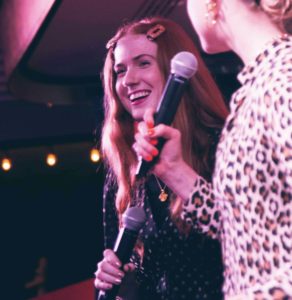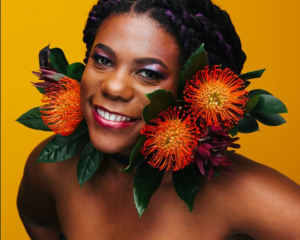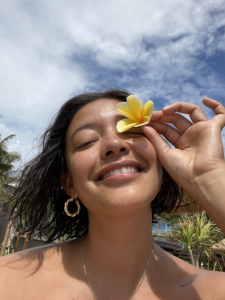
#MyParadymProcess: Re-defining Success with Her Hustle’s Emma-Louise Boyton
We spoke to Emma-Louise Boyton, co-founder of HerHustle, one of Paradym’s partners, to share the brains, but more importantly, the emotions behind the platform, exploring everything from the time-bound pressure to succeed, to Lockdown love (or the lack of)…
8 MINS

Emma-Louise Boyton is a presenter, host and co-founder of one of Paradym’s partners, women’s career platform Her Hustle. On a mission to help women build the careers they want, on their own terms, Her Hustle is a content-led and membership platform that offers women a range of online resources from sharing the career stories of women at all different stages of their working life to running a creating a virtual workplace community for freelancers, founders, side-hustlers and entrepreneurs, Her Hustle is democratizing access to services and utilizing the power of peer-to-peer mentorship to help women thrive.
It goes without saying we at Paradym could not be more delighted to be working with HerHustle, running a series of emotional-identity coaching sessions over the next five months. We love Her-Hustle’s mission and as such wanted to share the brains (and emotions) behind it. Exploring everything from re-defining Success to ‘body joy’, Emma-Louise candidly shared her Paradym Process and what she’s learnt about herself so far.
Why is mental & emotional health so important?
Mental health has been something I’ve always struggled with. I had a quite a bad eating disorder in my early teens – anorexia and bulimia – and never really got proper therapy or counselling to get to the route of the problem. Now in my late twenties I can see just how important it is to take the time to address any such underlying mental issues and realise this is an ongoing (never-ending?) process There are no quick fixes as I used to like to think.
I feel like I’m only at the start of my journey toward better understanding myself and taking care of my mental health properly, but it feels exciting to be here nonetheless. And it is great to have so many tools at my disposal, like Paradym, to do this, which just weren’t available to us back in my teenage years.
How would you characterise your emotional identity?
I’m still working this out. I am really early on in this journey and I’m a researcher (a super geek!). I need to consume all the information I can, read everything I can get my hands on, and then go back and assess. My Paradym Process is going to be a really long one but, as I said, no quick fixes!
How would you characterise your Aware Patterns?
Working through the Aware Process has led me down a rabbit-hole of research into how powerful the stories we tell ourselves each day about who we are, about the world around us and our place in it.
In becoming more cognisant of the stories I tell myself about myself each day I’ve noticed how negative so many of these stories have been. How harsh and how judgmental were the words I reserved for myself, yet never for others.
I’ve also realised how much my actions and behaviour is determined by this inner narrative.
When you realise you have the power to reframe these internal narratives, you realise you can be in control of yourself in every situation.
What are your Love patterns?
So admittedly I haven’t done the Love process yet, which I think says more about the order of priority I am currently giving to my loving life than it does about anything else. Lockdown loving hasn’t really been a thing…
What about Success? What does it mean to you? What are your Success patterns?
It’s strange because I run my own company, Her Hustle, which means I dictate my schedule entirely. And yet working I realise how much I still feel as though I’m motivated by a sense of being controlled by external forces. Even though I ostensibly ‘make my own rules’ as it were, I often feel as though my day-to-day is being driven by expectations and obligations, that it’s largely reactive and often lacking in the sense of agency and ‘intrinsic motivation’ I think I just assumed I had, or would have, by virtue of running my own business.
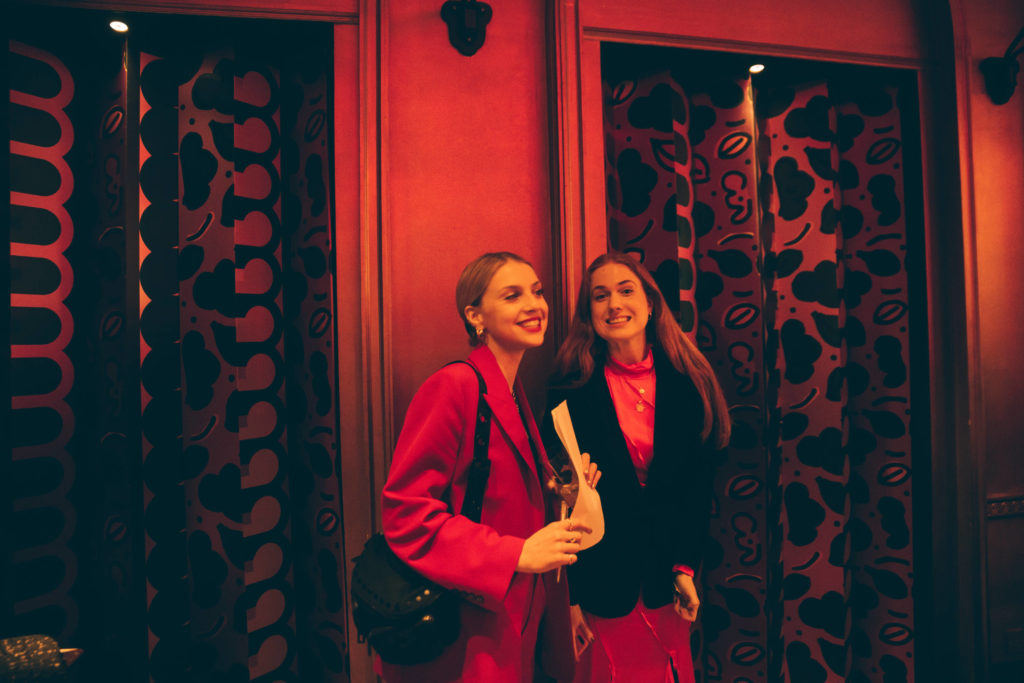
Emma-Louise with her co-founder of Her Hustle, Elspeth Merry.
I went to a really academic school where the onus was always on working hard and earning top grades in order to get into a top university where you could work really hard again and get really good grades again, in order to then graduate into a really high-flying job It sounds pretty depressing putting it like that, but I think this really was the vision driven into us Which is just a recipe for burnout isn’t it?
Culturally we also place such a disproportionate onus on the value and importance of youthful success – I’m looking at you Forbes 30 under 30 – that engrains the idea that success is something you have to rush for.
In reality, Success means something different to everyone, and is something that people find at all different stages of their life. My early twenties were some of the most angst-ridden years of my life, in no small part because I felt so much pressure to be successful fast, or at least be sure that I was on some clearly defined path to reaching this intangible and frankly unknowable goal.
What I really love about the Success Pillar is the way it forces you to interrogate the motivations behind your perception of success – to stop and reflect on why you’re doing what you’re doing and moving in the direction in which you’re going. The pressure to ‘succeed’ combined with a treadmill-style working culture means it can often be much easier to get distracted by busy-ness rather than ever really interrogate what it is that is motivating you.
I’ve found working through the success pillar really revelatory because of the specificities of the times in which we’re currently living. It’s given me the tools with which to do that deeper self-reflection I think a lot of us were forced to do over lockdown, and hence to confront many assumptions I never realised were so ingrained in me around how and what I prioritise when it comes to work.
Re-thinking what a successful career might look like for me is very much a work-in-progress. But re-writing my shorter-term professional goals through the prism of my ‘emotional needs’ rather than the many ‘shoulds’ that populate my thoughts has felt like a positive and actually pretty liberating first step.
What about your Body Patterns?
Because I am generally healthy and exercise daily I assumed I was in tune with my body… and yet when I sat down and really thought about this connection while working through the Body Pillar I realised how expert I’ve become in ignoring what my body is trying to tell me. A story familiar to many of us, I’m sure.
I have become aware of how interlinked the mind and the body, without actually paying too much attention to the physical signs of stress and anxiety. As I’ve mentioned, being busy is an excellent distraction from really listening to what your body is trying to communicate to you.
I found the concept of ‘giving your body joy’ a really alien one. I think this is quite common amongst women, to disassociate how we feel because we put so much pressure placed on how we look.
I think I’m still quite far off any ideal of balance, but I’ve started speaking really positively about my body when I look in the mirror as a result of thinking about the above. It’s such a small thing to do, but it’s genuinely made me begin to feel a little more comfortable in my body, or at least a little more forgiving. I love Nadia Craddock’s notion of ‘embodiment’ here.
And finally, our fifth Pillar Identity. What do your Identity patterns look like?
Oh God, I resonated so much with the idea of a passively formed identity, even though I really didn’t want to. I can veer between being really indecisive and then making very rash decisions without thinking through the end result too much. I’d never thought too much about why I exist between these two extremes, but in some ways I think they’re manifestations of the same thing: not dealing fully with my identity and so avoiding making decisions or waiting for a situation to propel me into a decision so I don’t have to get stuck thinking about it.
What have you learnt in your Paradym Process so far?
That change is uncomfortable and routine is easy. That it’s easier to stay distracted and ‘busy’ rather than set aside the time and space to firstly acknowledge and then actually begin to address patterns in your behaviour. When you do make that time and begin to take even the smallest steps in becoming more aware of the habits and routines that guide your everyday, the pathway to making change becomes a lot less overwhelming.
Paradym does a really good job at showing you how you can break things down and what those small steps look like. For me, just becoming more aware of the way I see and speak to myself has been huge. I’ve started journaling regularly and noting down how certain things made me feel throughout my day and asking myself why. The Paradym Process is so impactful, because it prompts you to ask yourself ‘why?’
As well as reframing my internal narratives, Paradym has also got me thinking a lot about what success genuinely looks like to me and prompted me to question certain things I’ve been pursuing of late and again ask: why? What do I really want out of this?
I’m still at the start of my self-awareness journey but it’s genuinely opened up my mind to the possibility that you have the power to change everything in your life and that that process really just starts with changing how you think about things.
What are you looking forward to learning and discovering about yourself?
I’m excited to learn more and dig deeper into the habits I can cultivate in my daily life to help me remain more present and more intentional in all that I do. Small changes when practiced consistently can, as we all know, have the biggest impact on our lives, but can be hard to stick to.
Forcing yourself to be consistent with the app, whether that be listening to one of the recordings, or doing one of the exercises everyday, is a really good way to create a new habit around daily self-reflection. I haven’t got to this point yet, so that’s what I want to work on cultivating – a new habit!
Join us for the HerHustle x Paradym Emotional Identity Coaching Series here.
Recent Posts

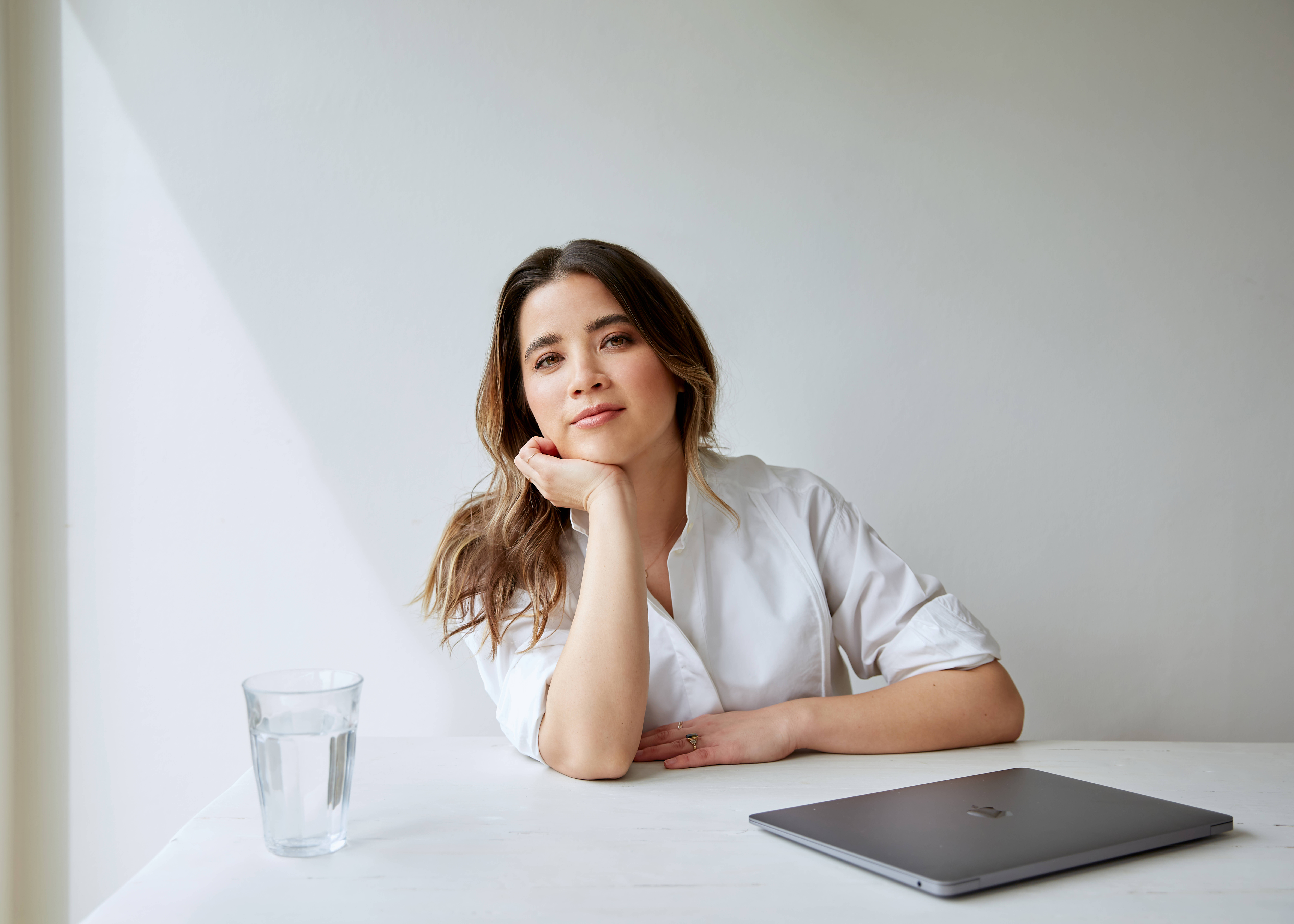
Podcast: Using feelings to build habits & mental acrobatics
